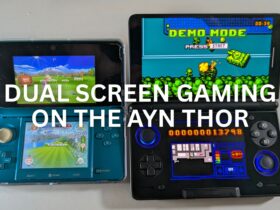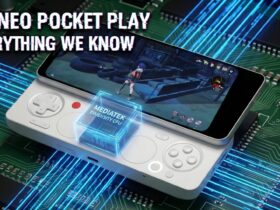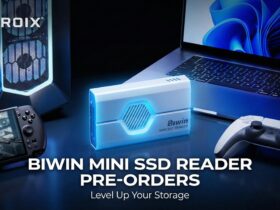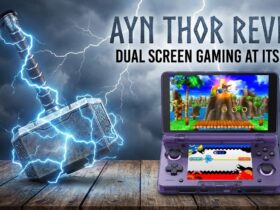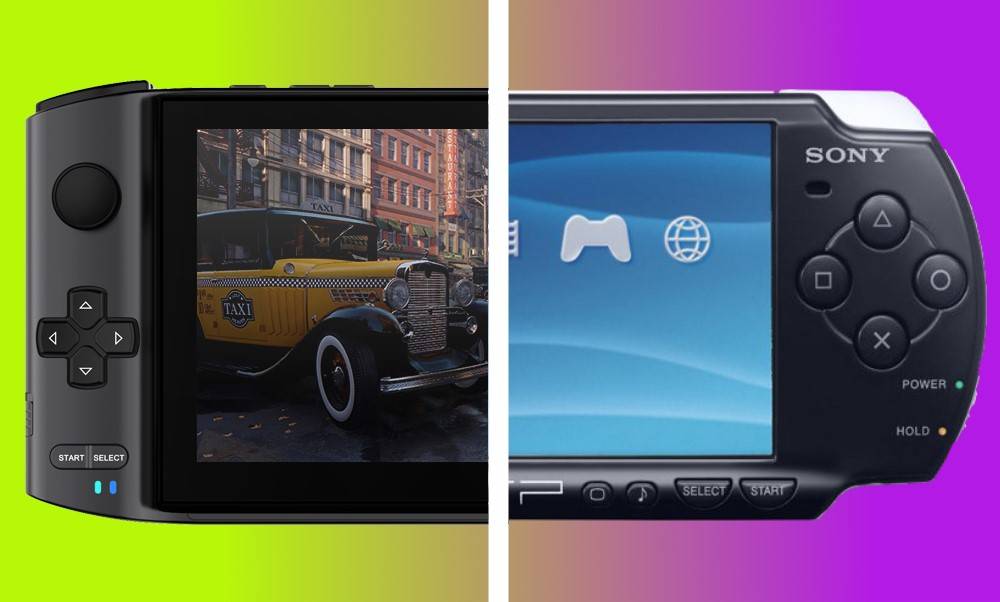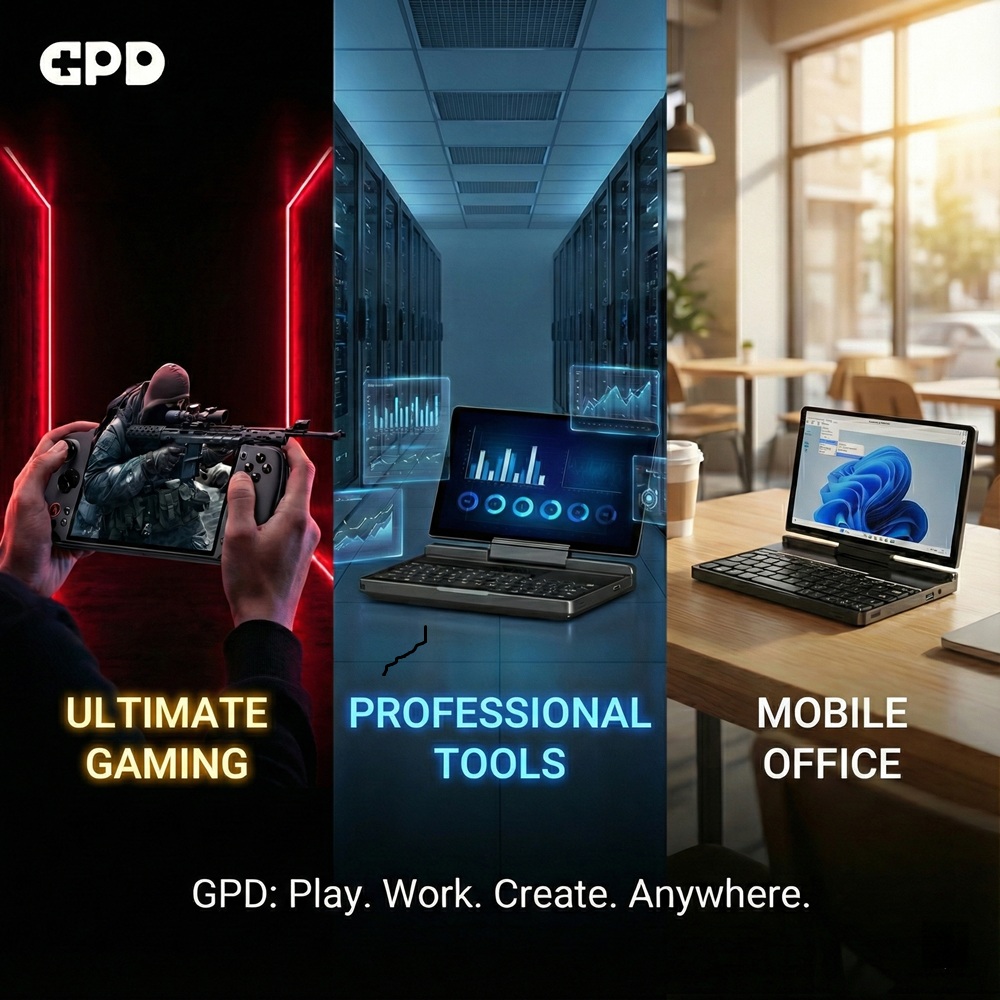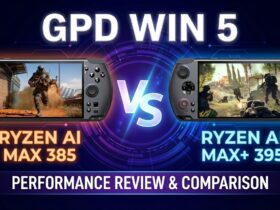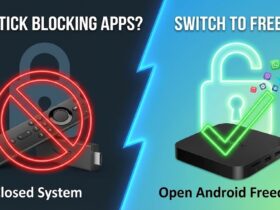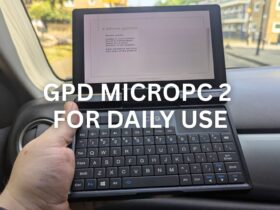Hi there! Welcome to our blogpost on the best (currently available) emulators for the GPD WIN 3! You can also use this guide for the GPD WIN MAX 2021, and any number of gaming laptops or gaming handhelds!
One of the most common uses for gaming handheld PCs nowadays is emulation! If you've purchased a GPD Win 3, GPD Win Max, or similar handheld gaming PC recently, you're probably wondering what the best ones out there are for it. In this article, we're going to show you some of the best emulators for the GPD WIN 3 for multiple platforms.
All of these emulators are free, available on PC, and offer numerous benefits over playing games natively. This includes increased resolutions, save states, and more. All you'll need to do is rip your own games, and you'll be good to go!
Disclaimer: While we at DroiX respect the benefits that come with emulation and are strong advocates for game preservation, we do not endorse the illicit distribution of ROMs, BIOS files, and other copyrighted materials. Always only use files from your own collection of games!
Best PSP Emulator - PPSSPP
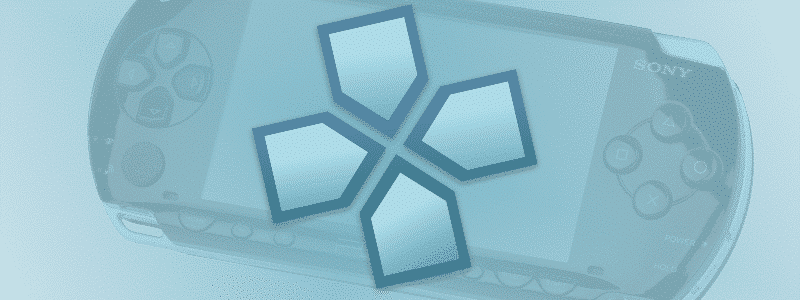
Like many of the emulators to be on this list, PPSSPP is basically the definitive Playstation Portable emulator available on the scene.
PPSSPP is a feature-loaded and highly functional emulator. With many enhancements available including:
- Graphical enhancements. Including but not limited to texture scaling, rendering resolutions, and more.
- Support for both dedicated controllers and on-screen touch controls
- The ability to transfer saves from a real PSP and continue where you left off
- A sleek, intuitive user interface that makes configuring and managing your games super easy
- Ports on multiple platforms, including Android, Linux and even macOS.
PPSSPP offers a "gold" edition which is purely cosmetic, and is functionally a donation to the primary developer. You do get a fancy gold icon however!
The strong optimization and overall intuitive design makes PPSSPP easily one the best emulators for the GPD Win 3, as well as many other gaming handhelds.
Best Gamecube & Wii Emulator - Dolphin
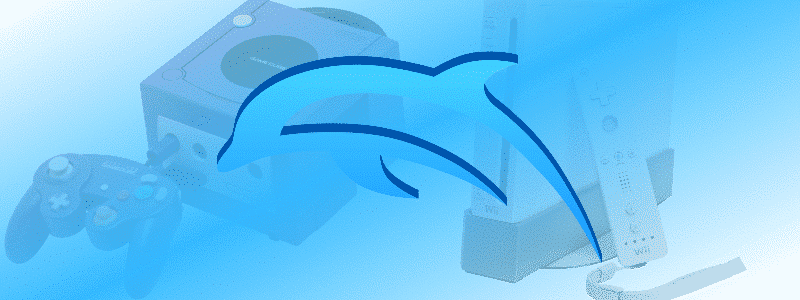
Dolphin is a popular name within the emulation scene due to it's history of providing a frighteningly high quality emulation experience, and being one of the few emulators to natively support two different platforms at the same time.
Because of how similar the Gamecube and Wii were, emulation for both was a form of "part and parcel", with code being highly adaptable between the two.
On top of the standard enhanced resolution, performance and the ability to save states that the vast majority of emulators offer, Dolphin also features native compatibility with real Wii Remotes and real Gamecube controllers.
Dolphin is a well-optimized emulator and can comfortably be run on most mid-range PCs, including many mini PCs. With higher resolutions, hardware hacks, and more being viable on more powerful gaming PCs
Best PS3 Emulator - RPCS3
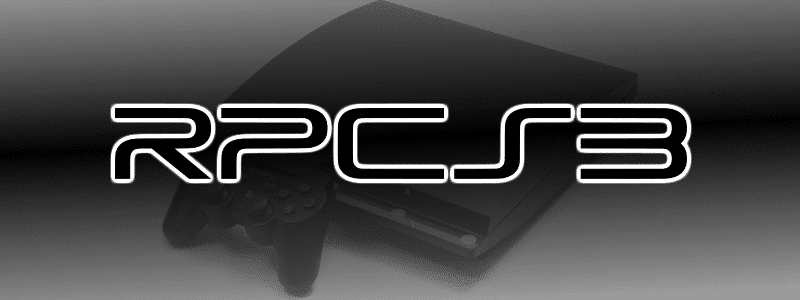
RPCS3 is a Playstation 3 (PS3) emulator that has made leaps and bounds of improvement in a short period of time. Firmly placing it in the position of being the best (and pretty much only) PS3 emulator available for Windows.
Because of how complex the PS3′s "Cell" processor is, PS3 emulation has always been notoriously difficult. Many games are playable in the technical sense, but actual performance and stability will vary wildly from game to game.
Keyboard, mouse, DualShock 3/4 controllers are supported. With greater input device and peripheral compatibility being further along in the roadmap.
RPCS3 is open source and free to download. The development team does accept donations however.
Best XBOX 360 Emulator - Xenia
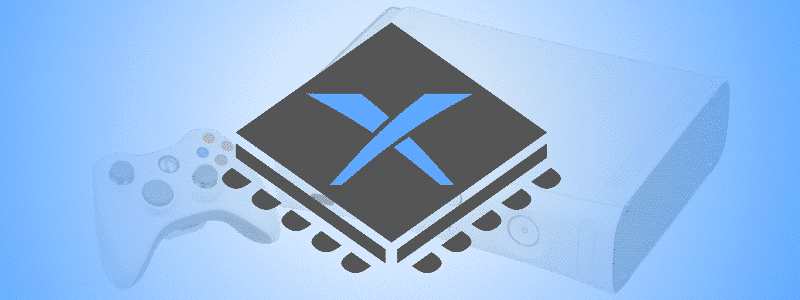
Xenia is an experimental Xbox 360 emulator that, like PS3, was a "proof-of-concept" for a long time before becoming usable.
Xenia requires a slightly beefier PC than normal to run. Many games may also not be stable or perform well, so the developers maintain a compatibility list. This lets you get an idea of what works and what doesn't before fully committing.
Best Wii U Emulator - CEMU
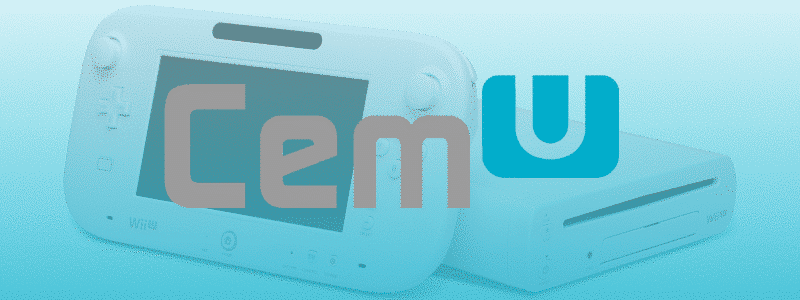
CEMU is an emulator for the Nintendo Wii that began development in August 2015.
Because the Wii U only entered the market in late 2012, CEMU holds the title of the world's first "viable" 8th-generation-console emulator.
Uniquely, CEMU is a closed-source emulator. This means that the broader community cannot contribute to the development of the emulator without first talking to the team.
The CEMU team also runs a Patreon wherein you can get version releases one week before they go public. Personally, this leaves a sour taste in our mouth, but there is not much that can be done about it.
There are other open-source Wii U emulators out there such as Decaf, but they require more tech know-how to get up-and-running, and will simply not run as well in most games.
Best Switch Emulator - Yuzu
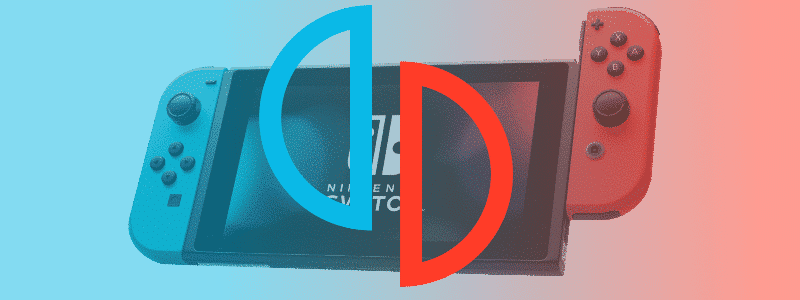
Nintendo Switch emulation began at record speeds with Yuzu's first public release being in Janurary 2018. This is only approximately 1 year and 2 months after the Switch hit the market.
As Yuzu is still a relatively immature emulator, it does not contain many extraneous features. It does notably feature the ability to simulate docked and undocked modes when it comes to resolution, allowing you to tailor your experience to more suit your hardware.
Despite it's immaturity however, the performance of Yuzu is surprisingly good. Making it easily one of the best emulators for the GPD WIN 3, GPD WIN MAX 2021, and other mini PCs.
Best 3DS Emulator - Citra
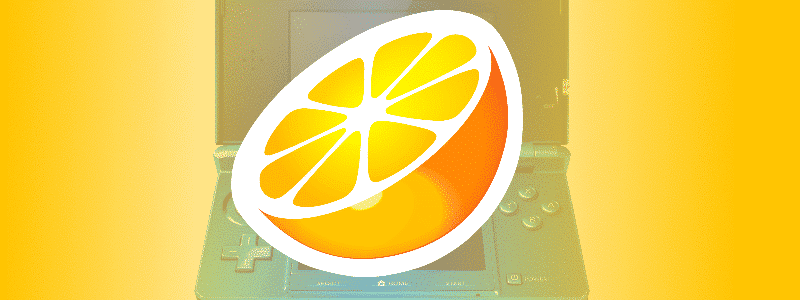
Citra is a Nintendo 3DS emulator from the development team behind Yuzu - a popular Switch emulator that was infamous for being quickly developed.
Citra features the bevy of "standard" features one can find in most emulators, such as native controller support, and variable rendering options.
Interestingly, Citra also supports simulated local wireless play, allowing you to use local multiplayer functions over the internet.
Best Retro Game Emulator for GPD WIN 3/MAX - Retroarch
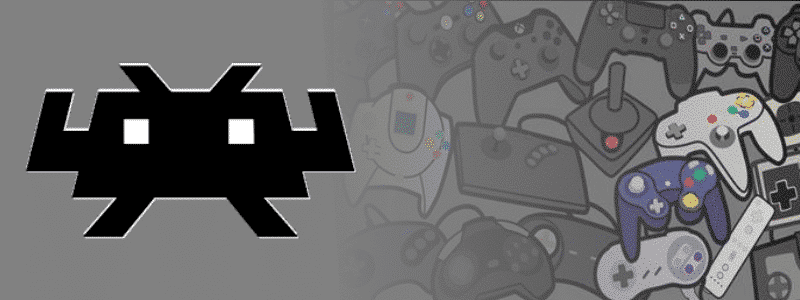
RetroArch is a little different from the rest of our entries on this list. Rather than being used to emulate one specific console. RetroArch is a "front-end" for tons of different emulators. Providing a consistent interface through which users can game on a variety of platforms.
With RetroArch, you can manage and switch between many emulators. This includes not only popular consoles such as the Playstation 1 and Nintendo DS. But also includes more obscure or "ancient" platforms such as the Sega Naomi and the Commodore 64.
We have also prepared a handy guide to help you set up RetroArch on the GPD Win 3.
What are Emulators?
Emulators are a method of using software to replicate the functions of physical hardware through a process known as "reverse engineering". In other words, it's using your PC to simulate a console, so you can play said console's games.
This means that you no longer need to be worried about your actual consoles breaking down, as you can replicate most of the functionality via PC.
The Benefits of Emulation
Emulation has a number of benefits over running games on their native hardware.
Because desktop computers are often far more powerful than consoles, it is often possible to run games at higher resolutions than they were originally intended for.
Many emulators also feature save states, so you can save your progress "in the moment", rather than only save where the game tells you to.
Some emulators can even simulate local multiplayer over the internet, allowing "online play" for many games that never officially supported it!
The Downsides of Emulation
Emulation is not all sunshines and rainbows however. It comes with a few caveats that are worth considering.
Firstly, emulation is often buggier than native hardware. While constant development helps iron out most bugs and provide a stable experience, imperfections and glitches are inevitable.
Second, to really reap the benefits of emulation, you will often need a powerful PC. This is because a PC has to do extra work to "interpret" the processes and functions of native hardware.
It is this overhead that means you'll need a decently powerful PC to run more recent platforms (i.e., NES emulation is much easier than Dreamcast emulation).



